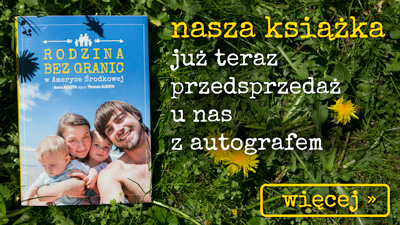
Coolest place to sleep in New Zealand? Marae, the sacred meeting area of Maori people. We were lucky to be invited!
Already at home Mila was practising saying “Kia Ora” with touching the nose and forehead of another person. This is a traditional “hello” in Maori culture. For weeks she was waiting for this moment, when finally somebody will do this gesture. Uncle Boy, a friendly soul in Maketu village, the heart of Maoris, coming 1000 years ago on their wakas (canoes), was the one.

Maketu is just a small point on the map and that was enough reason for us to go there. Maori-looking faces, Maori-looking tattoos, and maraes – a communal and sacred places that serves religious and social purposes (in many Polynesian societies). Not the ones for tourists but real ones, where people still gather because of different reasons. The marae is “a place where the culture can be celebrated, where the Māori language can be spoken, where intertribal obligations can be met, where customs can be explored and debated, where family occasions such as birthdays can be held, and where important ceremonies, such as welcoming visitors or farewelling the dead can be performed”. In New Zealand he marae is still a vital part of everyday life. Those houses traditionally face east to catch sun’s first rays and people should take their shoes off, while coming in.
Uncle Boy told us that there is no way of staying in our tent, that we should experience the feeling of calmness, of history, of family stories and traditions. So we did, with the biggest pleasure!



We could have taken as many mattresses as we wanted and with little side lights, the evening was really special. Our girls fell asleep peacefully and we had a lot of time for listening to Uncle Boy. – I’m not Maori, I’m not Pakeha (Europeans in Maori language) – he repeated. – I’m a happy Kiwi. – And even if he has this big and popular marae, he doesn’t speak Maori language.

Not an easy life the Maori had since the first Europeans arrived to New Zealand. You know where does the name Maori come from? “Ma-Uri” means “children of heaven”, and they do believe in those words. But many Whitties consider that the land claim issue has gone for long enough and that some sort of deadline needs to be set. Many Kiwis are also concerned about the divisions that are still arising because of privileges that are granted to Maori (for example it’s easier for them to get a place at the university). Not our task to judge the situation but I always have a warmer feeling to those, who have less. Less opportunities, money or surf boards. And while driving through the country – it’s easy to notice, which people are struggling more with life. Let’s maybe finish like this.



Our first book is out!
We have published our first book (for now just in Polish:) about our Central America Trip.
See, read and order here »